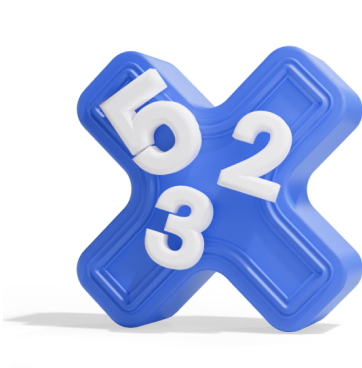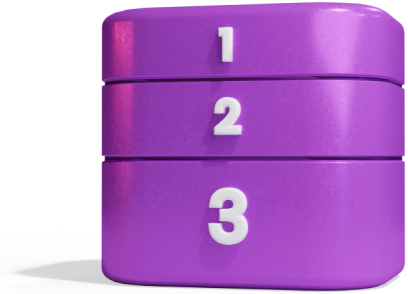How Can Personal Finance Best Be Managed?
When most people hear the words economy and finance, they probably think about money. Some associate the words with how much they earn, others think about their expenses. Finance is a big issue, but we’ll limit it to the parts that apply to you as an individual.
The parts of the economy that you yourself will see most often are personal pay and consumption. You will also learn about loans and savings, as well as how to compose your own budget and accounts. These are the parts of the economy that you will encounter most often as an adult.
In the following entries you will look at the parts of the economy that affect you, and the parts of the economy that you can influence. Economics is something that concerns us all, and if you master the math, you can avoid financial problems in the future.
Think About This
Apart from food, do you know how much it costs your parents to take care of you each month?
If not, try to guess. Then, check with your parents to find out how much your transportation, media streaming services, phone subscription, fitness center expenses, leisure activities, food, electricity, insurance, and so forth, all cost. How much was it altogether?
Did you manage a guess that was pretty close, or is the answer surprising? Were there any expenses that you did not include in your own calculation? Even so, this amount won’t include things like vacations, or birthday and holiday presents, that they don’t spend money on every month!
Think About This
Do you plan your spending?
Many people are used to spending all their money every month. The money goes to cover goods such as food, clothing, entertainment, and electronics. This form of using money is often referred to as consumption. However, your money can be used for something other than consumption—for example, saving.
Most people probably do not see saving as spending money, but it is. You are spending it because you do not have access to it today, but you will sometime in the future. So you spend money on securing yourself financially.
Think about the purchases you have made in recent months. Do you regret some of them? Such wasted purchases can usually be avoided with better planning. One example of better planning would be to investigate if a jacket is available in other colors you might like better, or if it is on sale for less at another store.
Some purchases are also worthwhile to make in advance. Buying a plane ticket or paying insurance are examples of this. If you do not pay in advance, it can end up being much more expensive!
If you wait till the last minute to buy a plane ticket, you will usually pay much more than if you’d planned and bought it well in advance. Without insurance, you have to pay the full cost if an accident happens.
When you don’t take time to plan what you are going to use your money for, it’s easy to spend it on things you don’t really need or want. Both young people and adults find it difficult to resist impulse purchases and unnecessary consumption, but with a good understanding of math, they will be much easier to avoid.



















